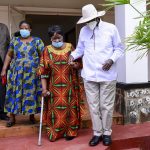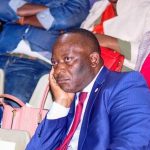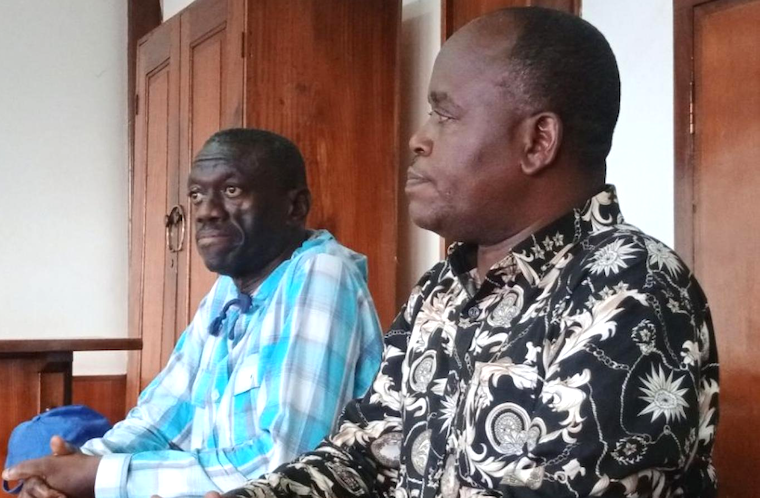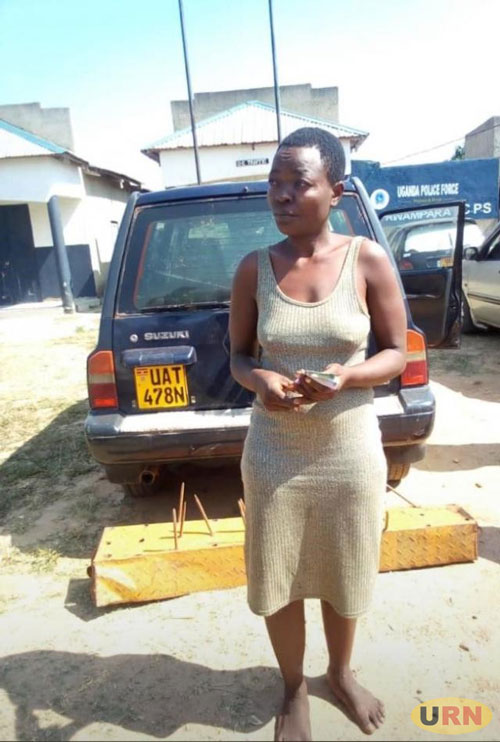Former Lord’s Resistance Army (LRA) rebel commander Thomas Kwoyelo disclosed startling accounts of his encounters with death orchestrated by his former boss, Joseph Kony in a session at the International Crimes Division of the High Court in Gulu City. Kwoyelo recounted two separate attempts on his life, shedding light on the turbulent dynamics within the rebel group.
During his testimony, Kwoyelo detailed the first assassination attempt, which occurred in 1999. He described how Kony allegedly ordered his elimination due to suspicions of collaborating with other senior commanders to defect from the LRA. Kwoyelo’s narrative provided insights into the internal conflicts and power struggles that plagued the rebel group during that period.
The former rebel commander went on to recount a second assassination attempt in 2008, highlighting Kony’s purported efforts to thwart a plot to defect to government forces. Kwoyelo’s testimony painted a vivid picture of the complex relationships and shifting allegiances within the LRA hierarchy, offering valuable insights into the group’s internal dynamics.
Moreover, Kwoyelo’s testimony shed light on the fate of his fellow rebel leaders, Otti Lagony and Okello Canodonga, who were arrested and subsequently killed following allegations of planning defection. His firsthand account provided a harrowing glimpse into the consequences of dissent within the LRA ranks and the brutal methods employed by Kony to maintain control.
In addition to recounting his personal experiences, Kwoyelo addressed the rift that emerged between Kony and his deputy, Vincent Otti, in 2007. He described the events leading up to Otti’s delegation to represent the LRA at peace talks in 2008, revealing the intricate machinations within the rebel leadership.
Furthermore, Kwoyelo shared Kony’s purported explanation for sparing his life, citing the intervention of divine forces. According to Kwoyelo, Kony claimed that spiritual guidance prevented him from carrying out the assassination, offering a glimpse into the mystical beliefs that permeated the LRA’s ideology.
As Kwoyelo continues his defense in the ongoing trial, his testimony provides valuable insights into the inner workings of the LRA and the personal stakes involved for its members. His revelations underscore the complexities of navigating life within a militant organization plagued by internal strife and external pressures.
Against the backdrop of Kwoyelo’s testimony, the court proceedings offer an opportunity to examine the legacy of violence and conflict perpetrated by the LRA and its leadership. As the trial unfolds, it serves as a crucial step towards accountability and justice for the atrocities committed during Uganda’s troubled history with the rebel group.




















